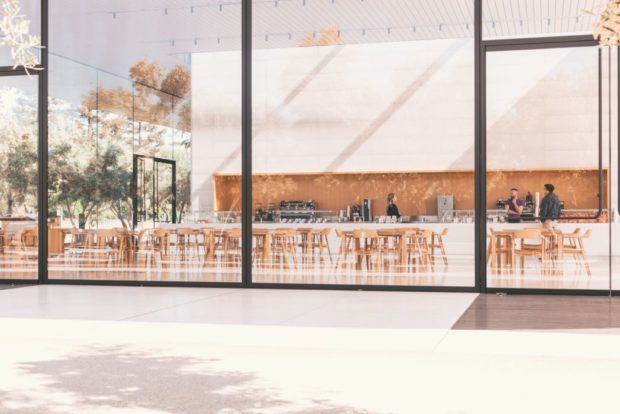Co-habitation in the workplace is nothing new, the open plan offices, smoothies, dog-petting, happy hours. It’s all designed to make work bearable and give it a human face. WeWork aren’t alone in their approach and the workplace isn’t completely changed just yet but WeWork and their philosophy have finished the job. One job at least.
The philosophy behind WeWork was that people needed connecting to one another. Working in the same spaces was intended to make people friendlier. Creating communities that prove that no man/woman is an island. WeLive takes the notion WeWork started with and runs with it.
During work, we are encouraged to contact people as it’s necessary to get things done. During our home life that need is less urgent and with social media’s omnipotent presence in our lives, it feels less obvious than ever that people need one another.
WeLive is a communal living space that has nestled itself into the sprawling metropolises of New York and Washington D.C. Apartment complexes with a difference. There are spaces that both you and your neighbours would be encouraged to use, facilities that are designed to bring people together. Coffee, juices and other refreshments are on tap as well as a happy hour every day.

Obviously you get your own space to sleep and wash and even relax if you want to but these complexes are all about what goes on outside your bedroom door. The idea was to create a social network in real life. A systemic way of keeping in contact that involves face-to-face conversations.
As well as the basics and complimentary refreshments you have access to a shop and laundrette and any number of things that ordinarily you’d have to leave your house to get.
The people at WeLive are convinced that nobody knows their neighbours anymore and whilst people used to talk and keep up to date with one another, there is now a rush indoors to switch on numerous screens and keep up with people’s lives in a more detached way.
Where once there were community meeting spots such as halls or churches or clubs, people no longer feel the need because we are so connected via our phones and tablets. WeLive intends to be the spiritual successor to the community living space. From the stone circles, to the forums of ancient Rome or even the bathhouses of Japan, every culture needs its gathering places.
In a way the whole setup is a little reminiscent of University halls of residence. Students generally don’t know anyone when they are dropped off for the first time, split into flats with communal living spaces with kitchens and laundrettes to keep them healthy and off-licences and arcade games to keep them occupied. Maybe that’s where the inspiration comes from. Perhaps WeLive is an extension of Fresher’s. An optimised University life that never ends.







